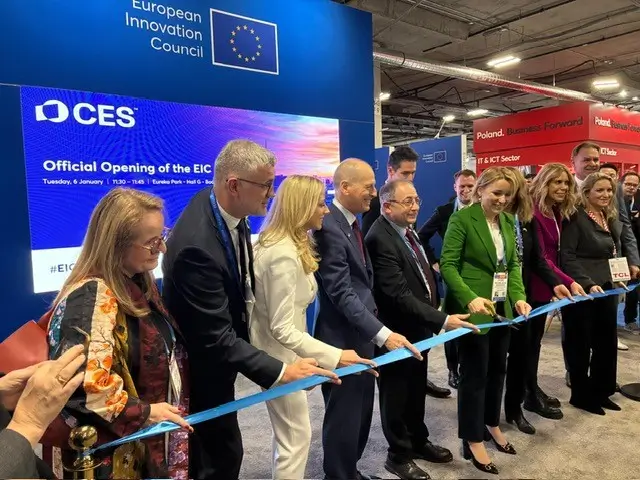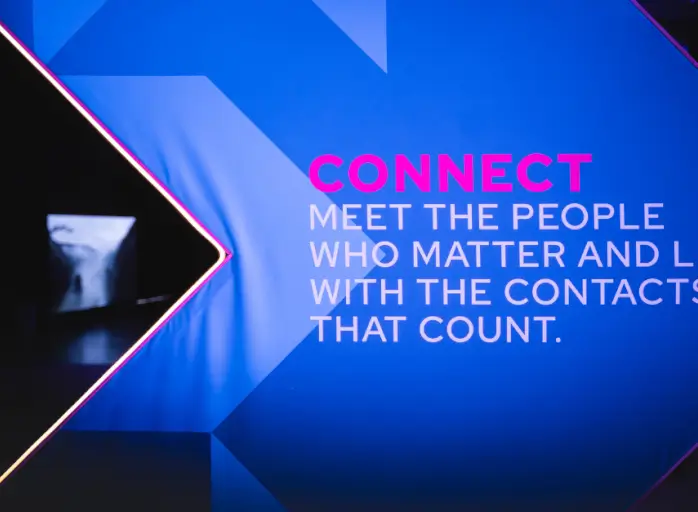

US startup Lyten to establish European headquarters in Luxembourg
Silicon Valley startup Lyten signed a memorandum of understanding to establish its European headquarters in Luxembourg during the annual Automotive Day event.
 Abigail Okorodus
Abigail Okorodus
On 5 October, during the Automotive Day in Luxembourg, the Greater Region’s largest gathering of automotive industry professionals, Lyten reached a critical milestone with the signing of a memorandum of understanding (MOU) to establish its European headquarters in Luxembourg. The signature took place in the presence of the Luxembourg Minister of the Economy, Franz Fayot, and the Minister of Finance, Yuriko Backes.
We view this as a cornerstone in our international expansion.
Established in 2015, the California-based startup is the pioneer of a range of 3D graphene decarbonation supermaterials that enable the transition to net-zero. The first three applications include lightweight composite materials, AI-enabled IoT sensors, and next-generation lithium-sulfur batteries for use in the automotive, aerospace, defence, and other sectors. Its batteries are renowned for their lightweight nature, high energy density, and minimal carbon footprint.
Luxembourg: A central hub and gateway to Europe
Lars Herlitz, Chairman and Co-Founder of Lyten, who was also in attendance, emphasised the significance of this collaboration. According to the executive, the company chose to set up in Luxembourg as it required a hub and not just a headquarters through which it could engage with all of Europe’s companies. “We wanted to pick a country where we have the best support for that,” he explains. “We couldn’t be more excited about partnering with Luxembourg. We view this as a cornerstone in our international expansion.”
Prime Minister Xavier Bettle made the first contact with the company during a visit to California earlier this spring.
R&D activities and an industrial plant
Lyten intends to carry out advanced research and development activities in Luxembourg and will subsequently examine the possibility of establishing an industrial pilot plant in the country.
Research is regarded as a driver of innovation in Luxembourg, and the research community is made up of numerous institutions that collaborate to promote new ideas and solutions in a variety of sectors. The government released a new national research and innovation strategy earlier this year that is based on four transdisciplinary research priority areas, including industrial and service transformation. Several national and European financing mechanisms, such as Horizon Europe, the EU’s primary funding programme for research and innovation with a €95.5 billion budget until 2027, are frequently leveraged to support research activities.
We couldn’t be more excited about partnering with Luxembourg.
Mr Herlitz emphasises that, while there are various potential topics for research collaborations, the “most promising one with the biggest partners” will be considered. The company is currently in discussions with several potential partners on the continent.
HQ for overall management and local support
The Luxembourg headquarters will oversee overall administration, marketing and sales activities, as well as local and technical support in the region. The decarbonisation technology startup has already garnered $410 million in funding from investors such as Stellantis, FedEx and Honeywell and ranks in the top15 venture-funded defense and dual-use startups recognised in the Silicon Valley Defense Group “NatSec 100” list.
Photo credit: Sophie Margue/ Luxinnovation







